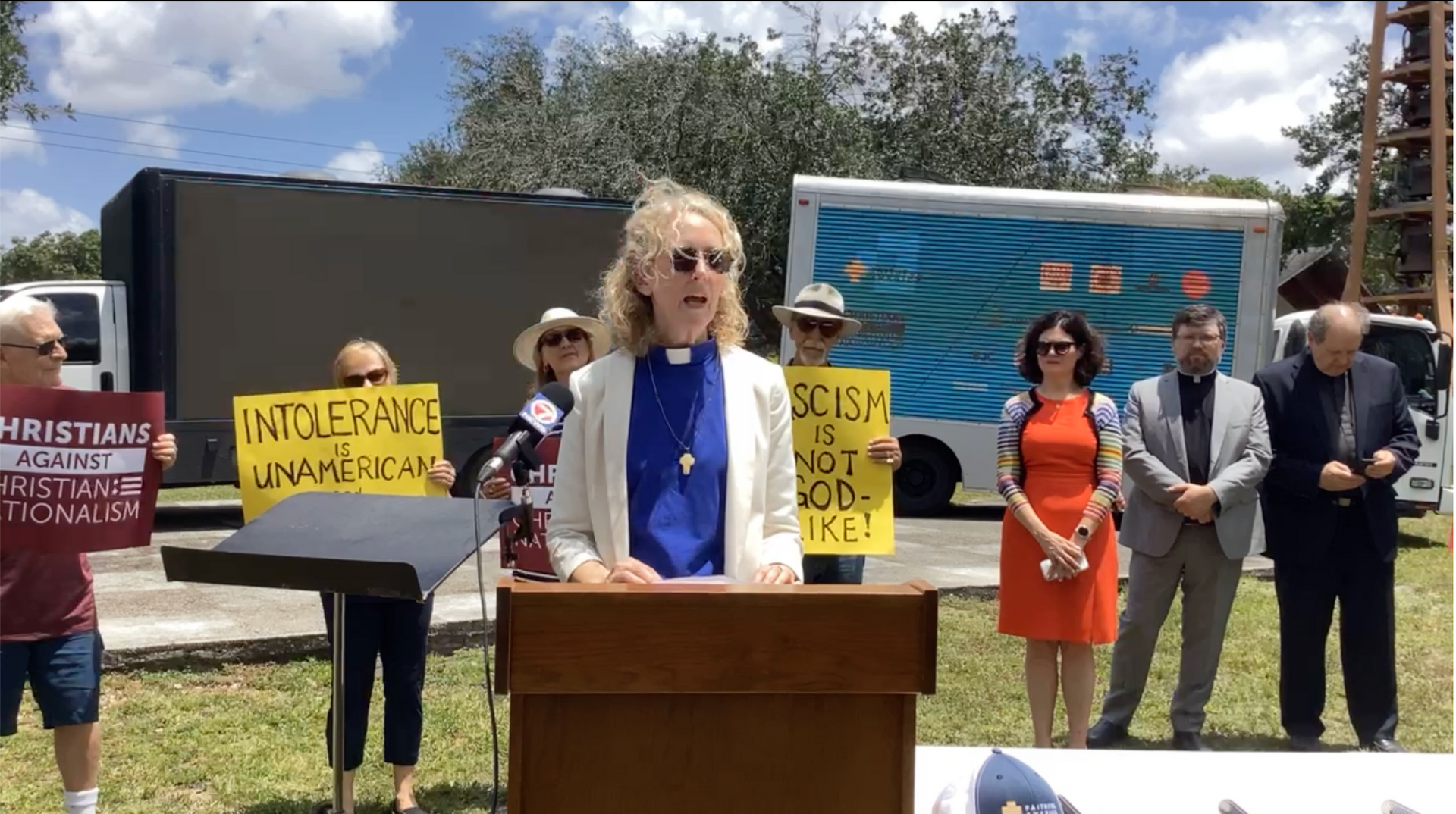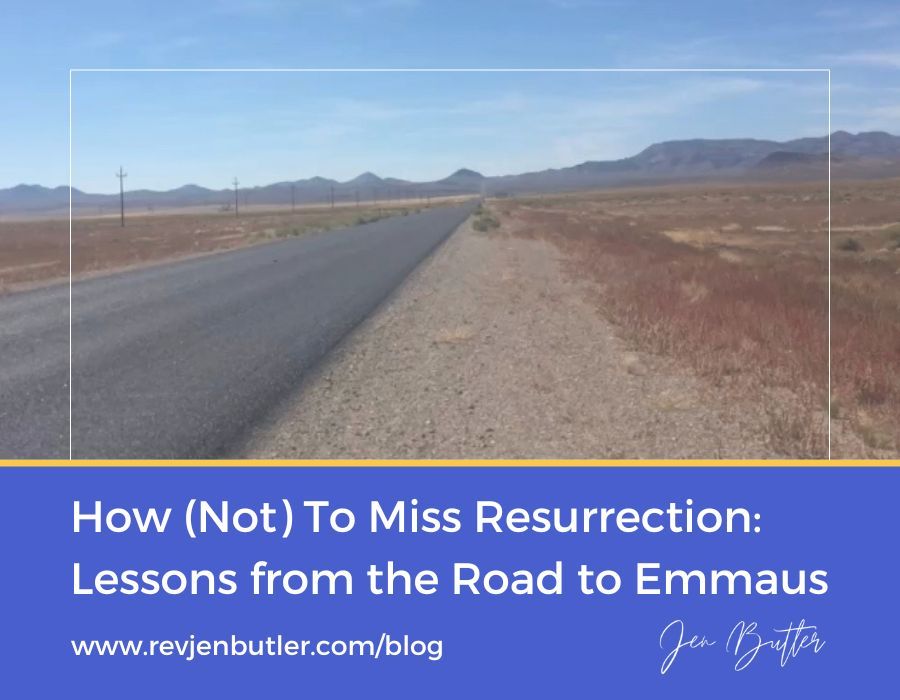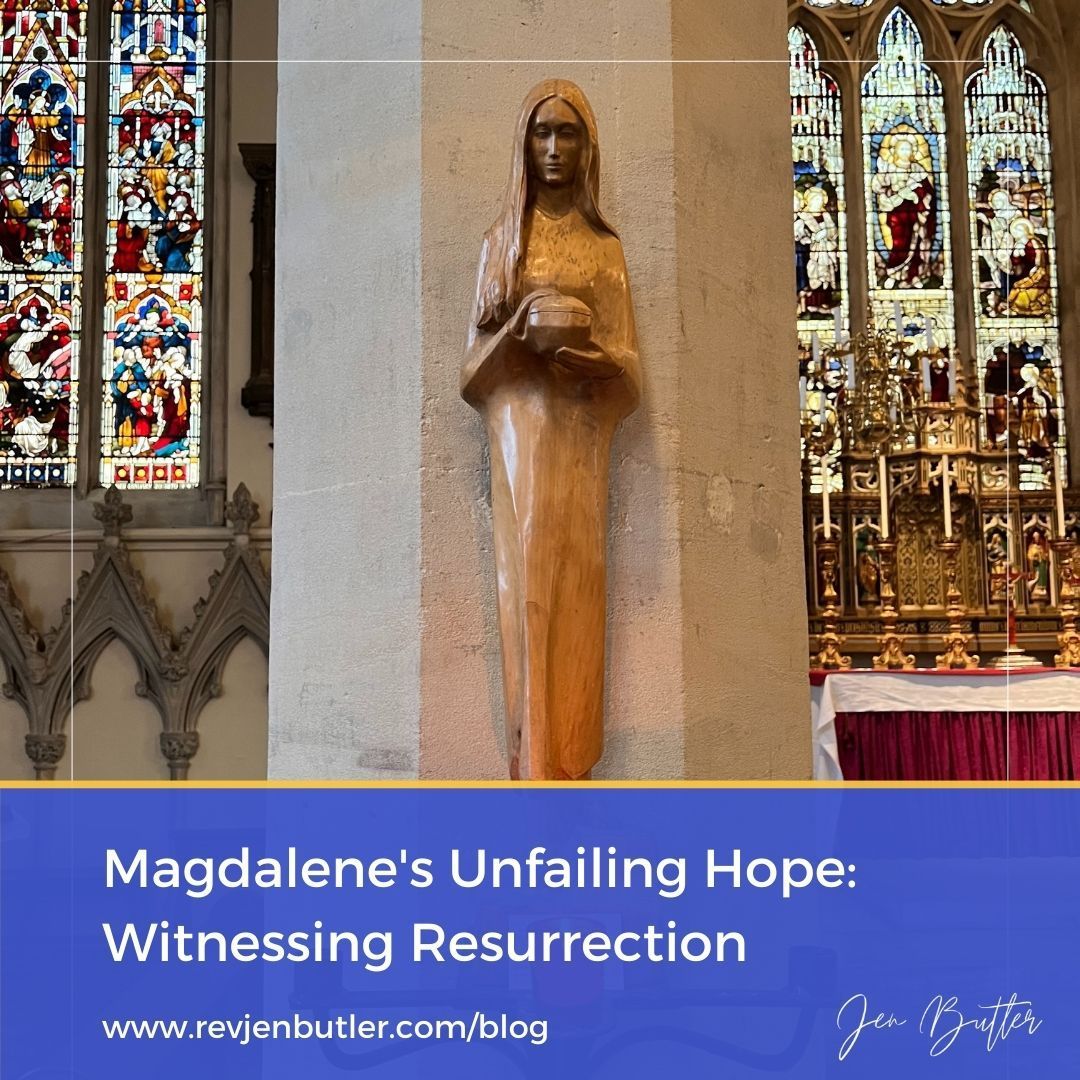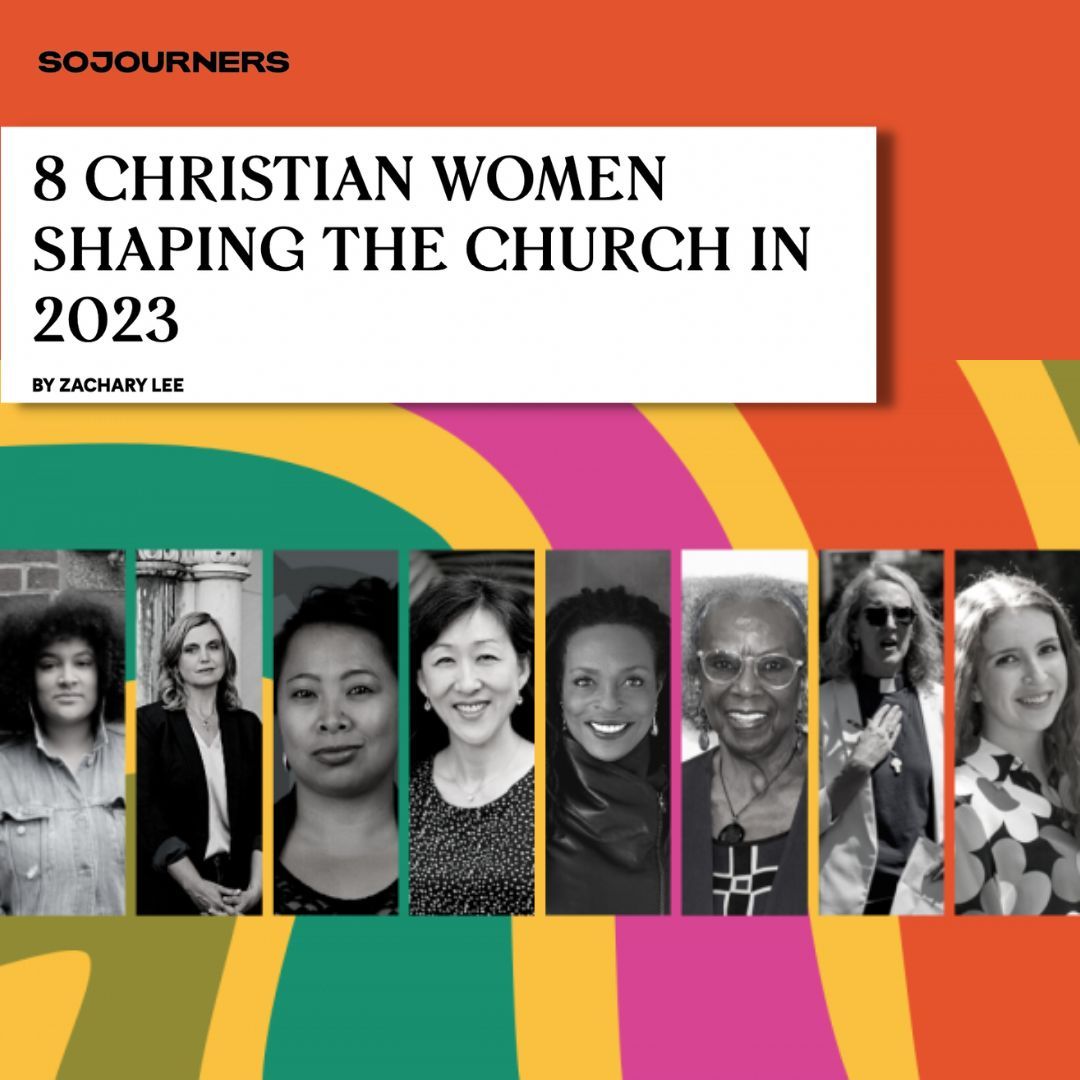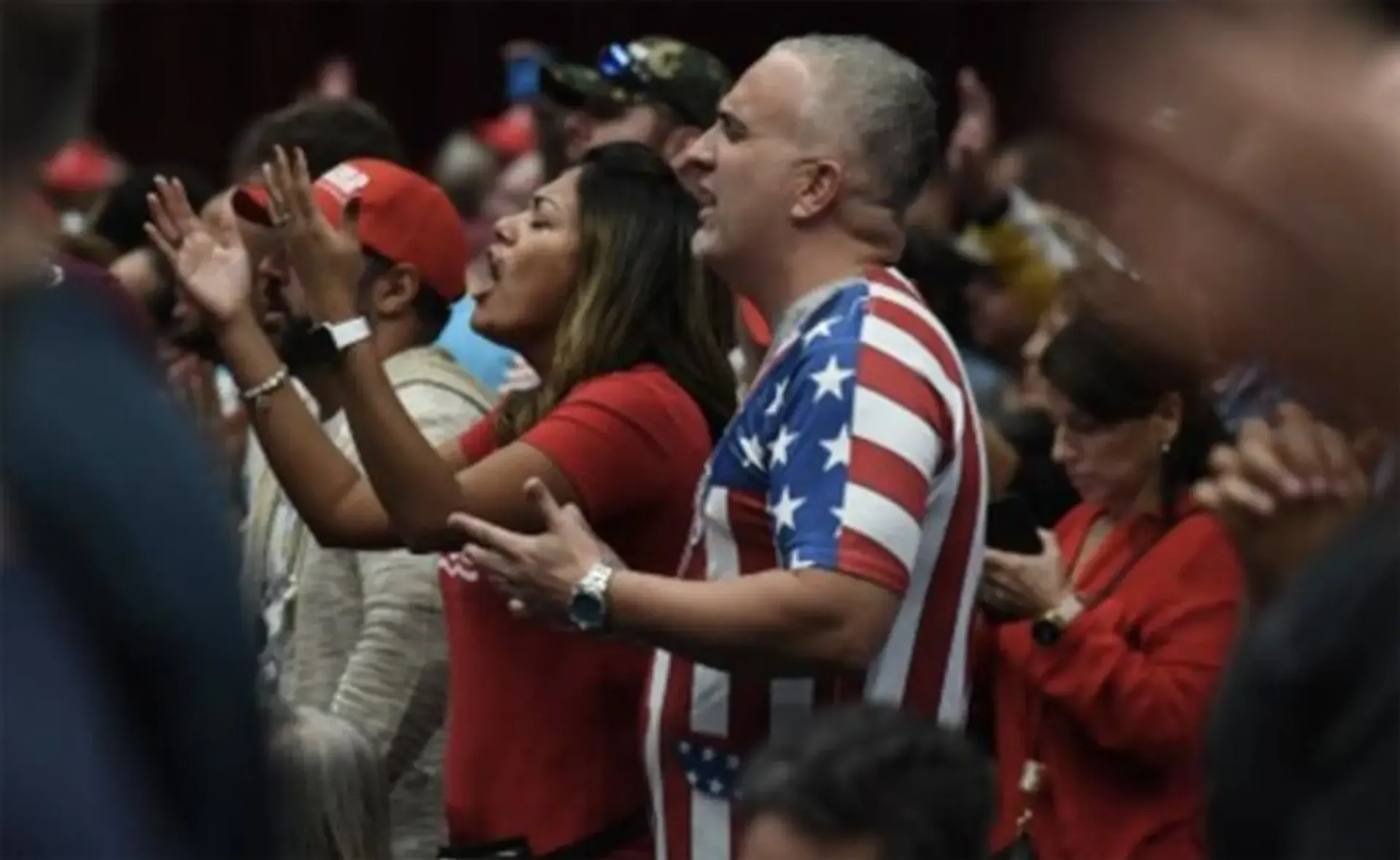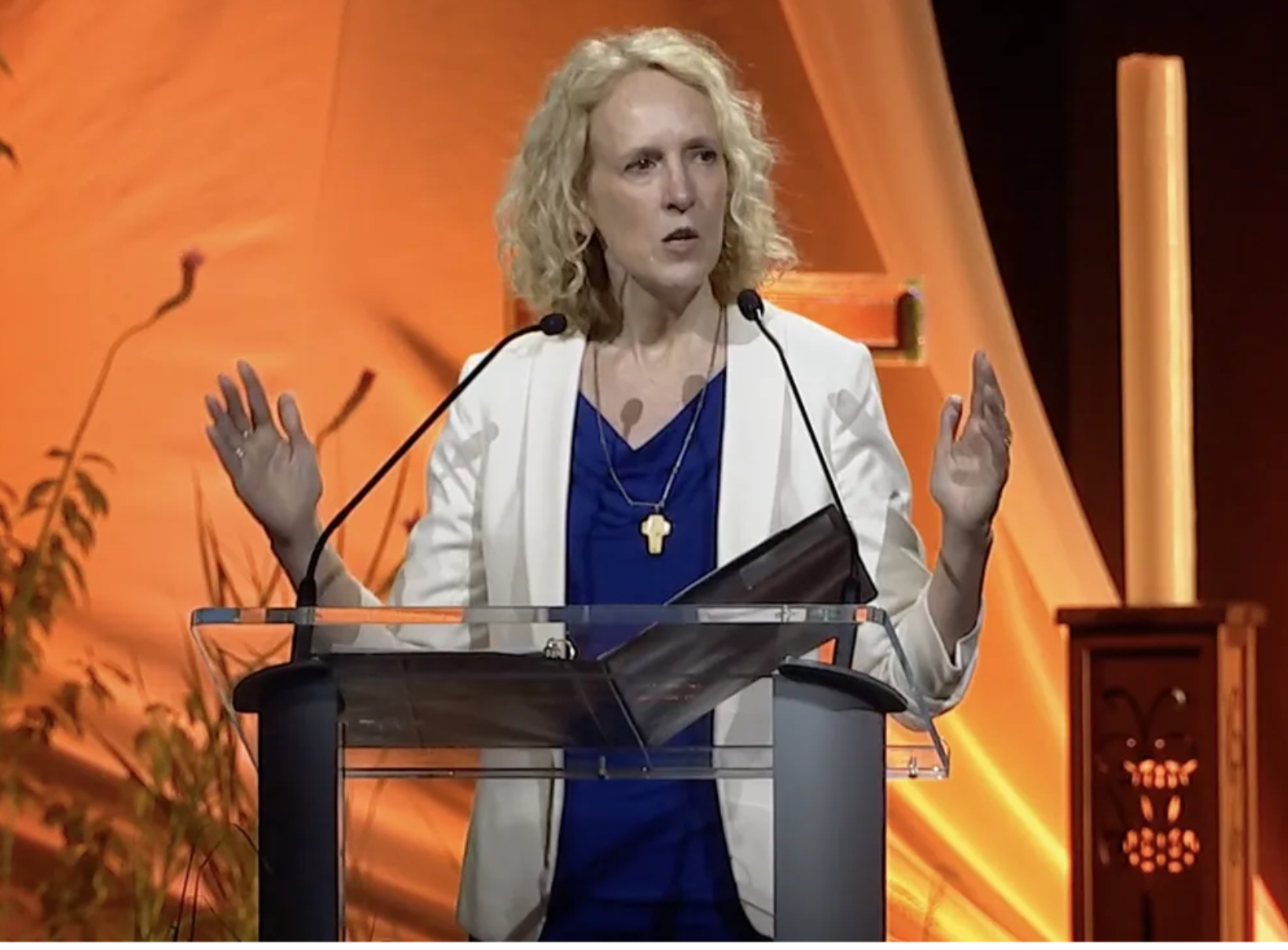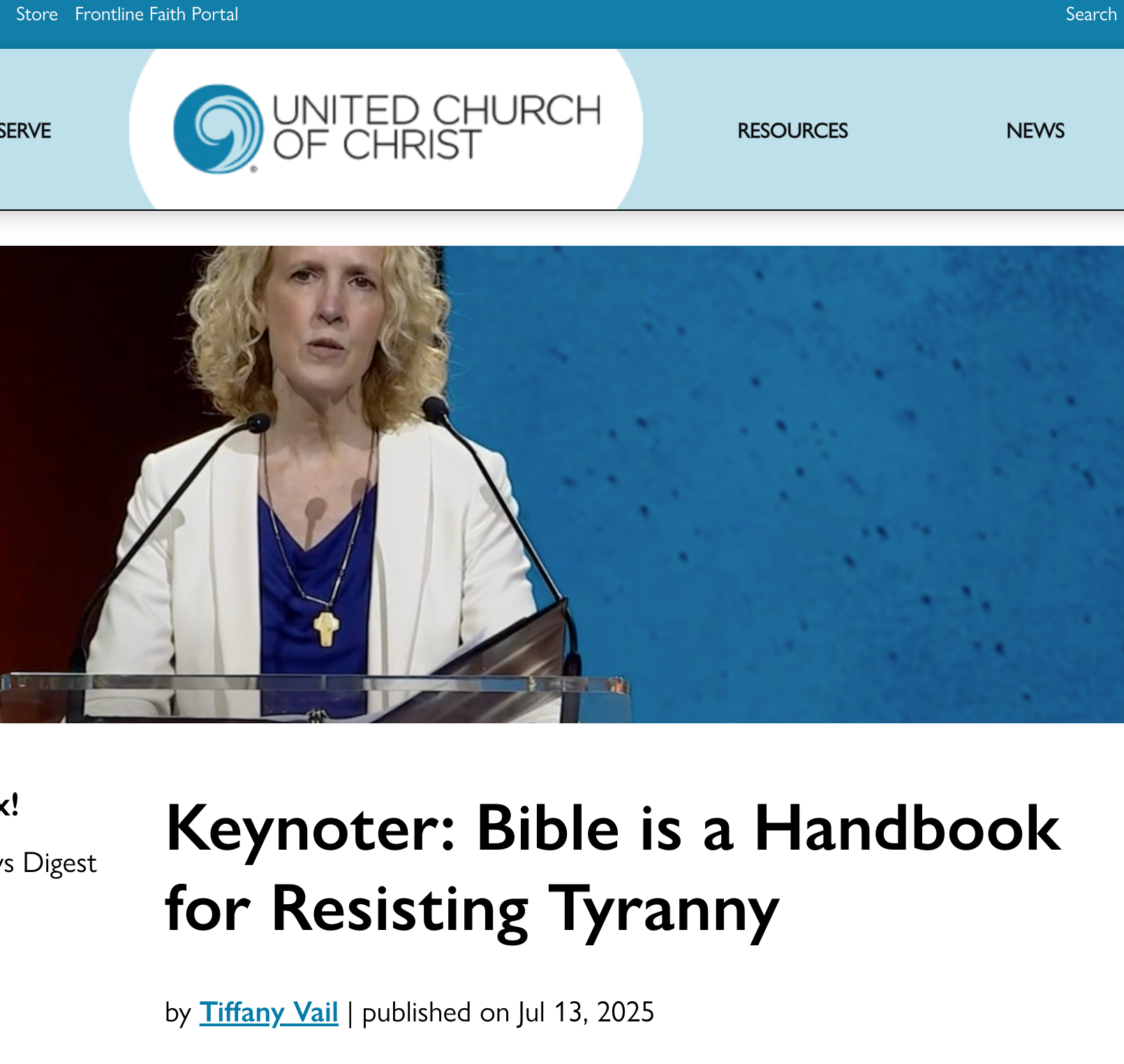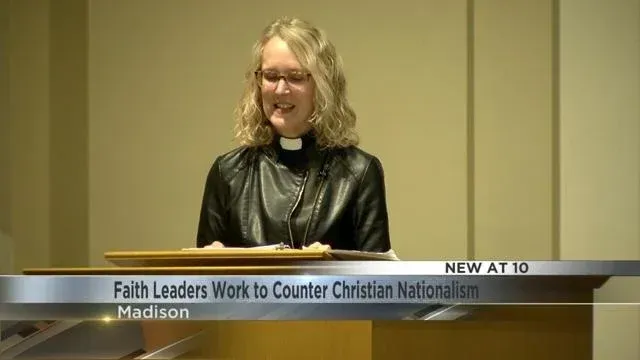The Heresy of Christian Nationalism
Photo by Tyler Merbler on flickr
One year ago today, a mob, incited and assisted by Donald Trump and certain members of his party, stormed the U.S. Capitol building in an attempt to violently void the results of the 2020 election. January 6 was not an isolated event, but the culmination of the white supremacy, disinformation, and nationalism that continues to pose a fundamental threat to our democracy. Now in 19 states, their allies are putting up new barriers to voting and giving partisan politicians new power to overturn the will of the voters.
However, January 6 was about more than political violence. It was an act of religious violence as well.
Insurrectionists carried crosses, Christian flags, and banners that proclaimed “Jesus Saves”. Attackers held prayer circles on the Capitol grounds before storming the building. The Christian Nationalism that fueled January 6 is rooted in heresies. As Christians, we must reclaim our faith and defend our democracy by countering the lies of Christian Nationalism.
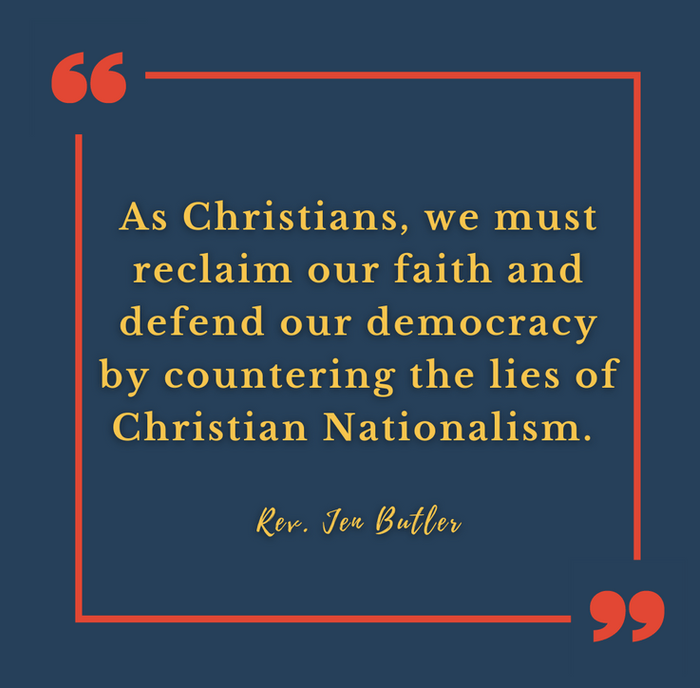
Let’s unpack three of the heresies that uphold Christian Nationalism – and the antidotes we can find in Scripture.
Heresy #1: Idolatry
Like the Israelites creating a golden calf in the image of Baal in Exodus 32, today people have melted down and recast God in the image of tyrants. Christian Nationalists have cast God as white, male, jingoistic, and American. This God is indistinguishable from the political leaders they swear allegiance to but bears no resemblance to the God of the Bible. Idolatry is the worship of that which leads us astray from God’s plan for humanity.
If we follow the God in the Bible, we follow a God who loves all of humanity, not just one particular race or country. Our vision is bigger than the interests of our class, religious, national or ethnic group. This liberating God calls us to build a society based on shared power around a moral vision of loving our neighbor and welcoming the stranger.
Heresy #2: Lying About Our History to Glorify Ourselves
When you cast God in your own image, you can easily rewrite history with yourself as the hero. We have seen this whitewashing of American history since our nation’s inception. (This is why I refer to Critical Race Theory as “telling the truth about American history”.) When white Christians are hailed as the heroes, founders, and rightful owners of this country, we deny the full story of the systematic exclusion of people of color, Native Americans, women, LGBTQ people, and religious minorities from the benefits of our so-called democracy. This leads to the belief that electing white supremacists “makes America great again” and the belief that elections in which voters of color defeat white supremacists are “stolen elections”. Authoritarian rulers perpetuate these lies to exalt themselves and oppress the “other.”
“Remember you were once slaves in Egypt and I freed you” is one of the most frequent commands throughout Scripture. The Ten Commandments and the rest of the Law follow this command to remember. God charges us to have historical empathy and remember and reflect on history through the eyes of God’s oppressed children. Confronting white supremacy and our role in sustaining such systems is an essential spiritual calling for white people in America today who seek to be faithful. The call to remember who you are and whom you serve is the spiritual discipline that enables us all to embrace truth and follow God rather than commit idolatry by giving unquestioning loyalty to an authoritarian.
Heresy #3: Defiling the Image of Human Beings
On January 6, coup participants erected a gallows outside the U.S. Capitol building. They carried Confederate flags through the rotunda. White supremacist, anti-semitic hate symbols were found throughout the crowd. The message was clear.
All human beings are created in the image of God and have inherent dignity. It is the primary lesson of the Creation story in Genesis 2. Those who follow the God who calls creation good, who makes all in God’s image, will make space for dignity to take root and for hope to flourish. Recognizing human dignity is a spiritual practice. This practice requires us to root out every form of racism, anti-semitism, xenophobia, sexism, homophobia, transphobia, ableism, and bigotry. Whenever we see a category of people dehumanized, we must move to interrupt. We need to practice in our congregations, in our communities, and through our policies.
By embracing and expanding a vision of multiracial, multifaith democracy we can participate in this spiritual practice.
It is poignant to me that January 6 is also Epiphany, the day we remember the Magi discovering Jesus and refusing to report his location to Herod. The Magi chose Jesus the liberator over and against Herod. To be faithful is to oppose tyrants and to embrace multiracial democracy.
Like the Magi, we have a choice in how we respond to the demands of authoritarianism. In the days surrounding the 2020 election, faith communities across the country jumped into action to ensure that every vote was counted and the will of the people was heard. We stepped up to defend our democracy, and we will do it again. This is where I find hope. Hope is not a prediction or assurance that everything will be okay. It is a commitment to imagine and work for a better future for God’s children. Surrounded by a great cloud of witnesses, including the late Representative John Lewis, we have an opportunity this year to continue their work to build and protect a multiracial democracy.
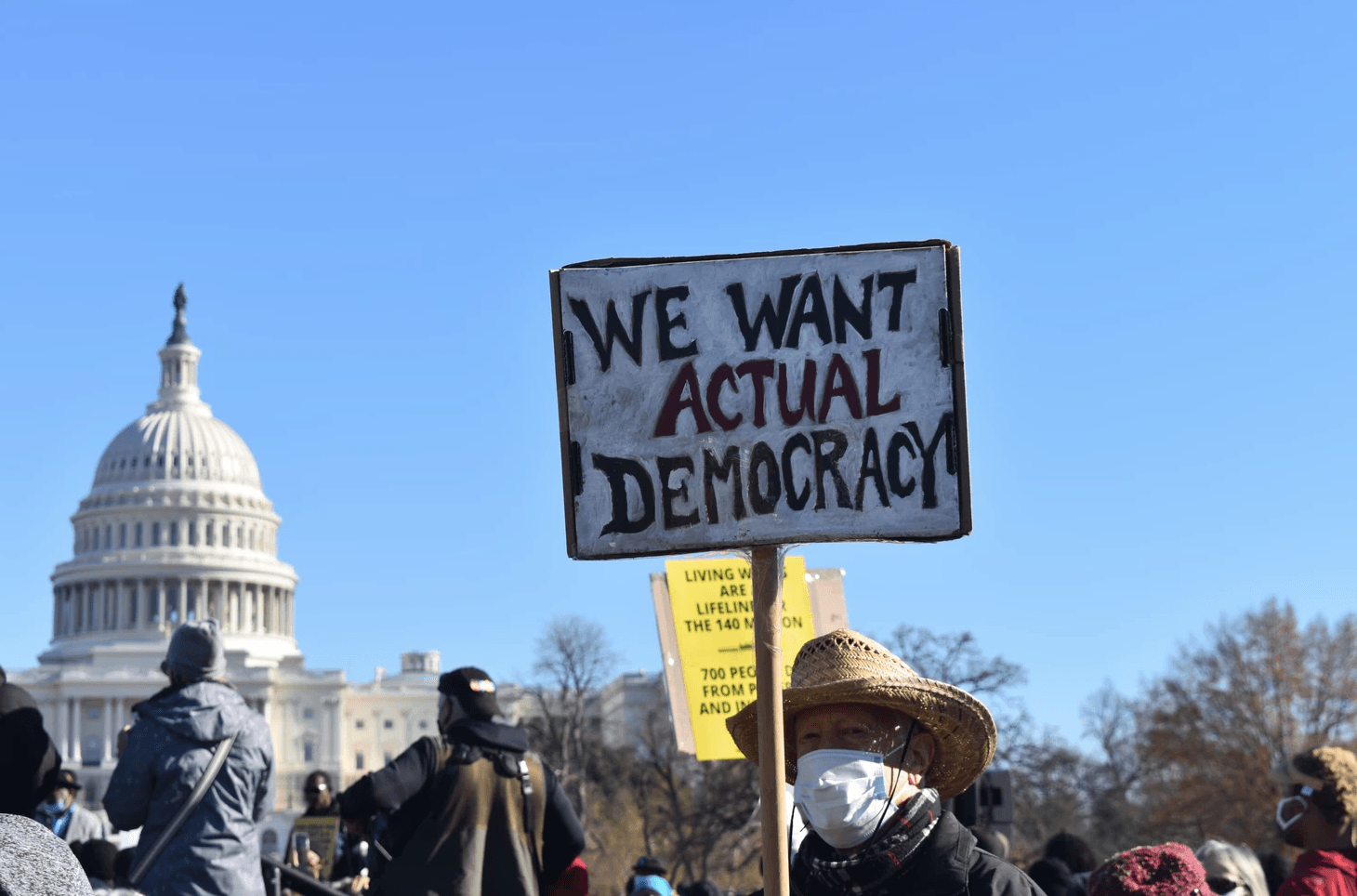
Defending our democracy requires accountability for those who have attempted to overthrow it.
Accountability is necessary but not sufficient. We also need to pass pro-democracy legislation like the Freedom to Vote Act and the John Lewis Voting Rights Advancement Act in order to ensure that no future attempts to overturn the will of the voters can succeed.
No matter our religion, race or party, most of us believe that we the people have a moral right to choose our leaders by free, fair and peaceful elections.
Democracy is not inevitable. Our faith calls us to show up and defend it.
